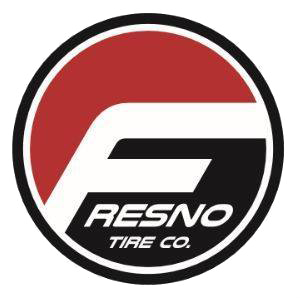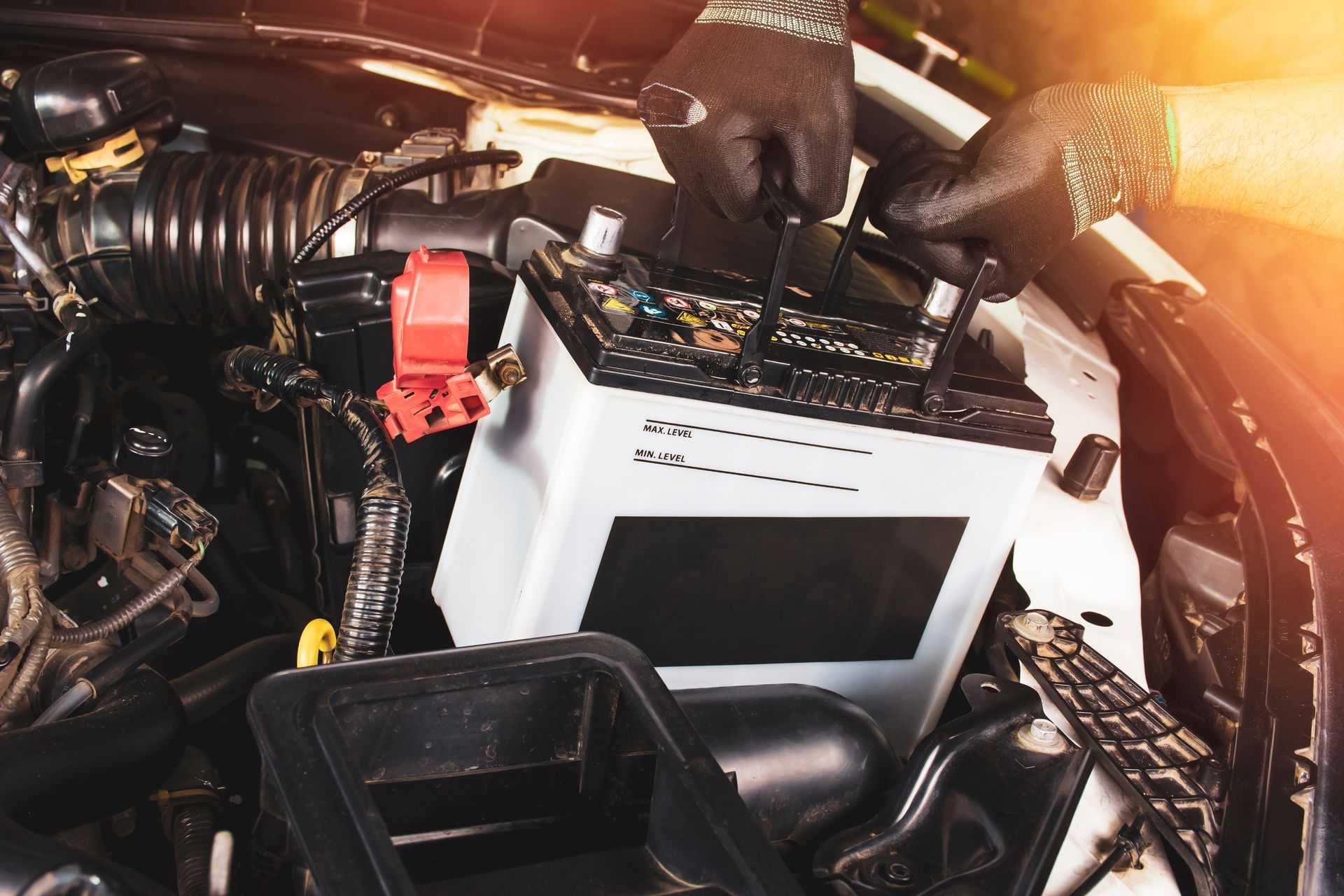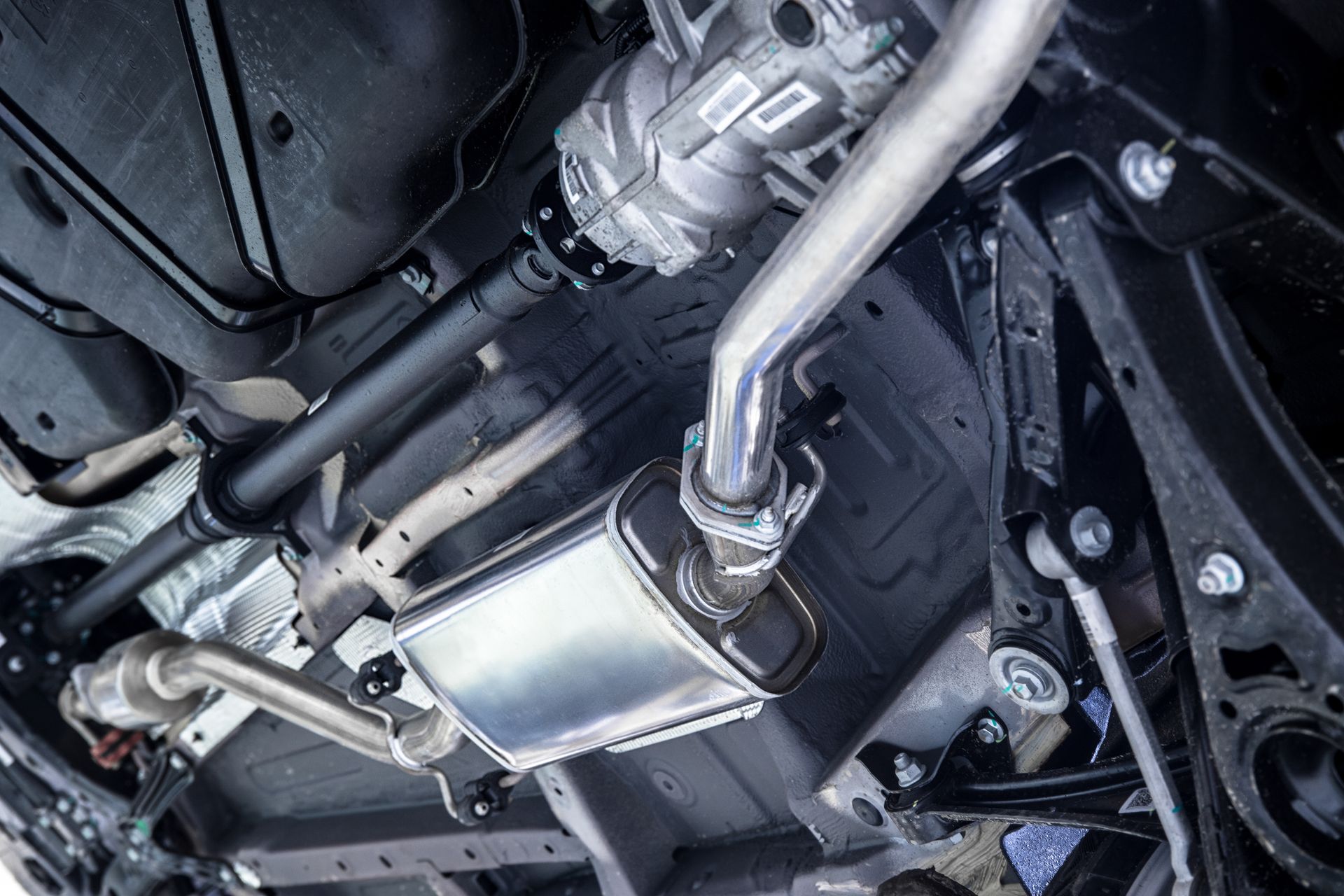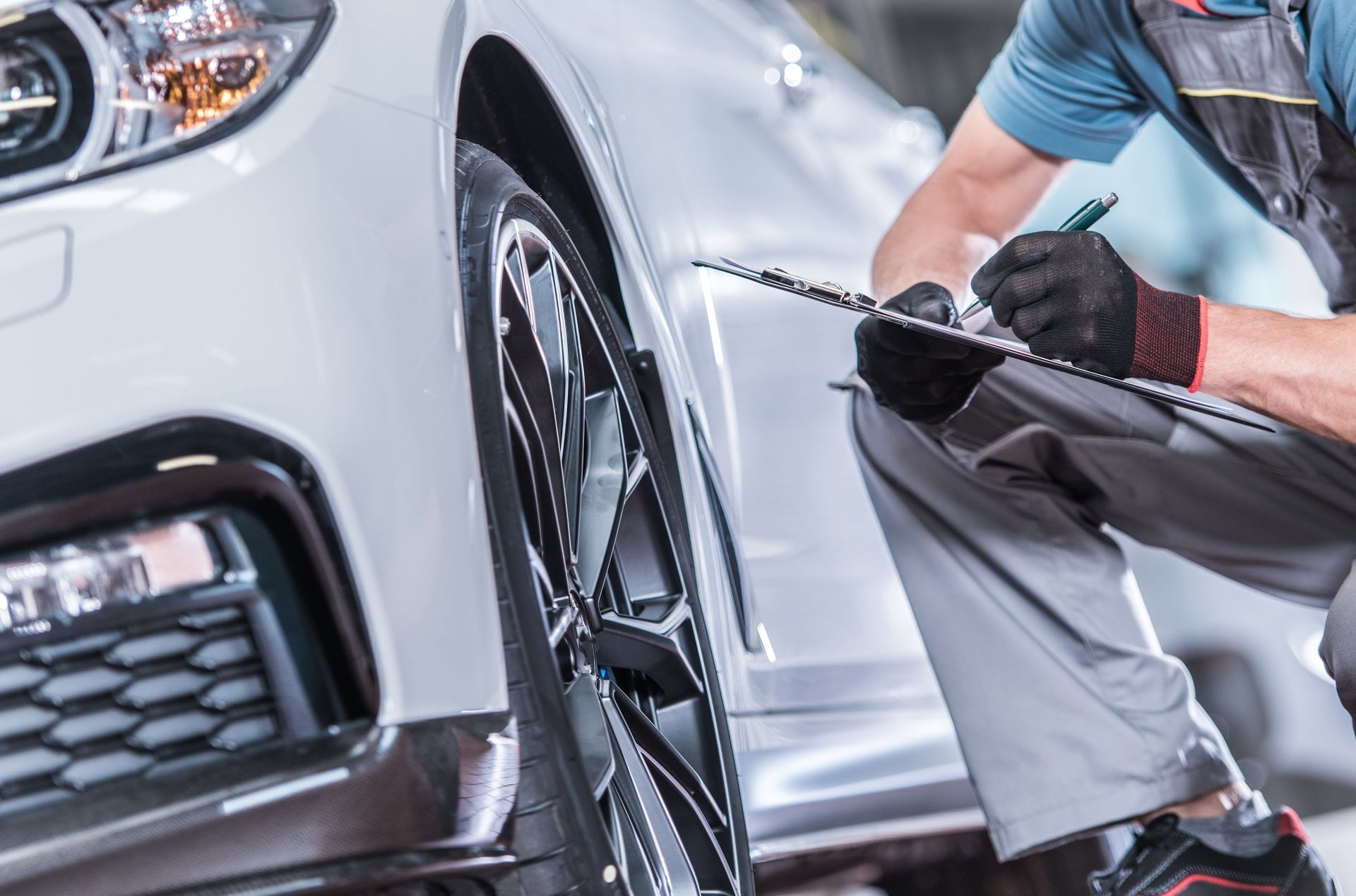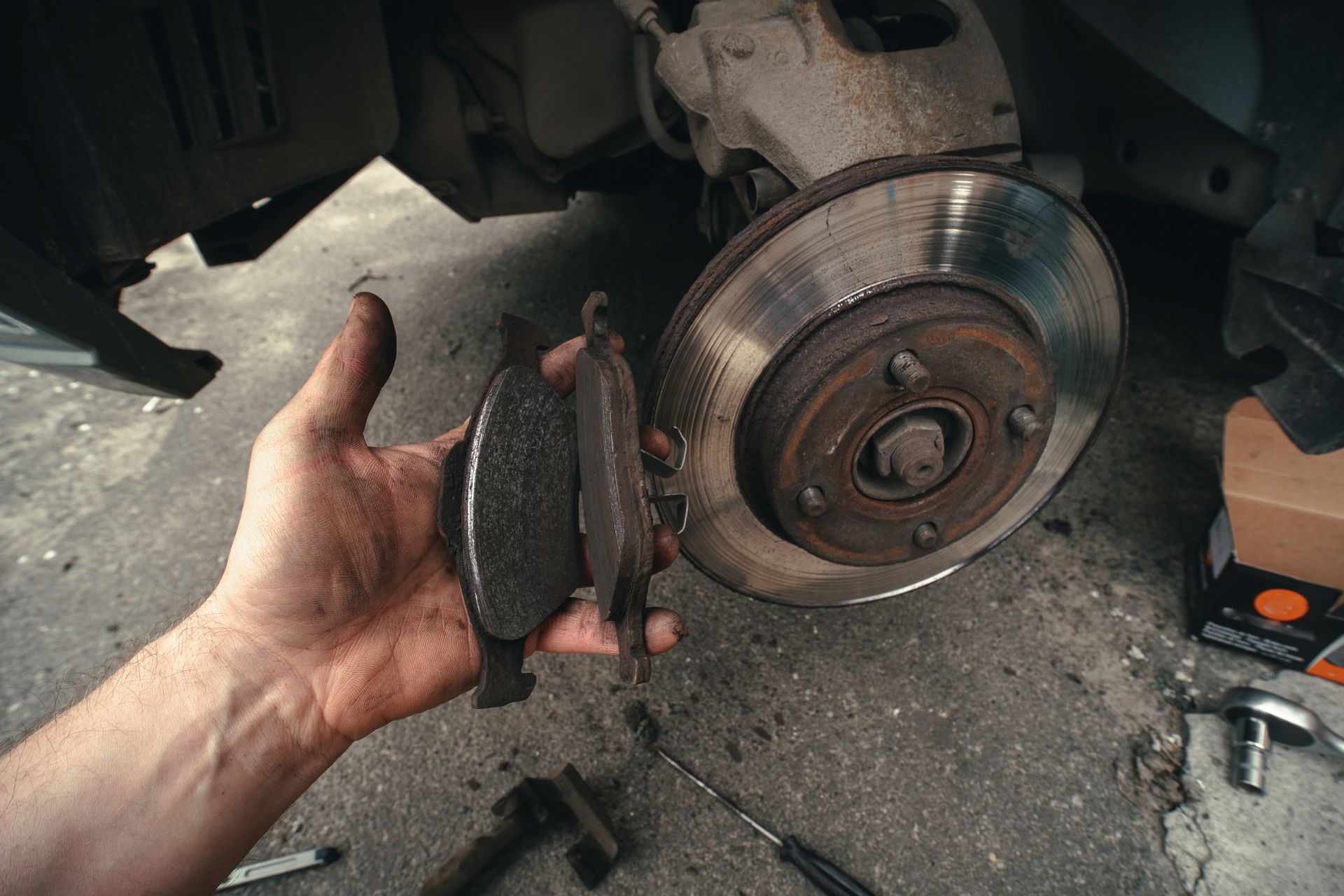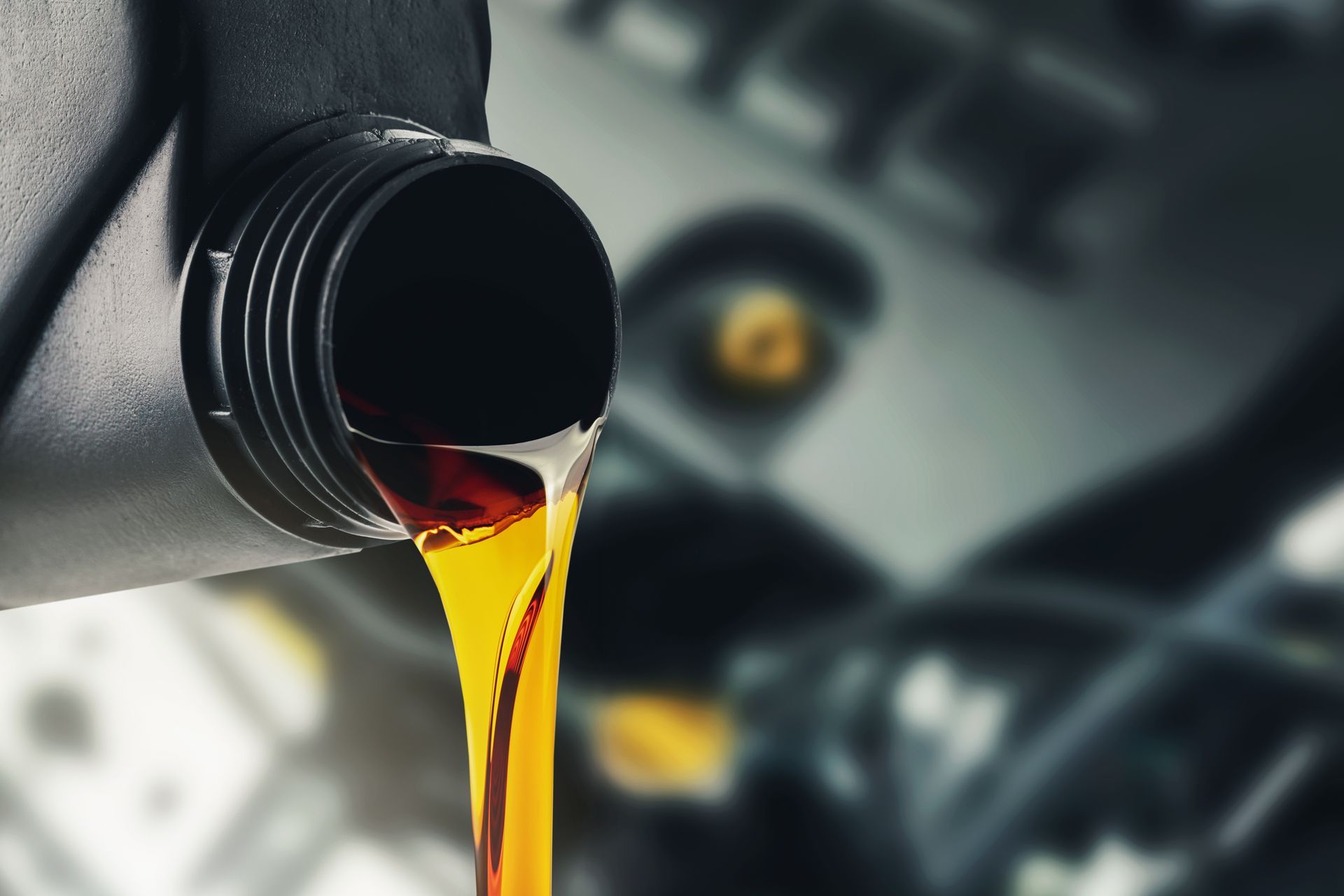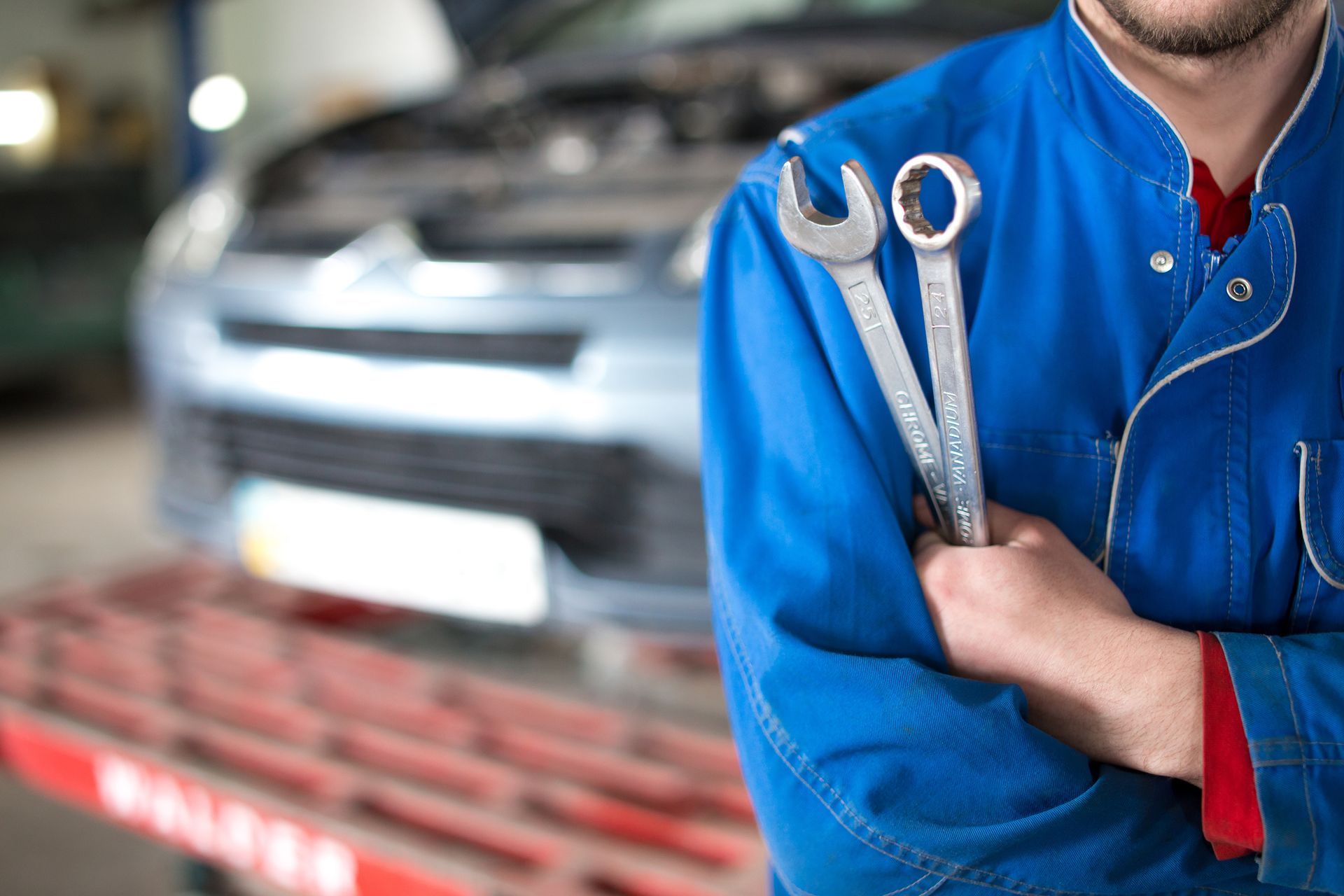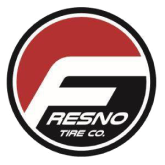Finding a Trusted Auto Repair Partner in Fresno: What Every Driver Should Know
When your car needs repair in Fresno, choosing the right shop can mean the difference between a quick, affordable fix and an expensive, frustrating experience that leaves you stranded again. With dozens of auto repair shops scattered across the Central Valley, from Blackstone Avenue to Shaw Avenue, making the right choice requires knowing what to look for and what questions to ask.
Why Choosing the Right Shop Matters in Fresno
Central Valley driving conditions are tough on vehicles. Between triple-digit summer heat, agricultural dust, and heavy traffic on Highway 99, Fresno cars need repairs that understand local challenges. The shop you choose should know how extreme heat affects cooling systems, how valley dust clogs air filters faster, and what brake problems are common from stop-and-go traffic on busy streets like Cedar and Herndon.
A good repair shop becomes your automotive partner, helping you maintain your vehicle's reliability in conditions that challenge even the best-maintained cars. The wrong choice can lead to recurring problems, overpriced repairs, and safety concerns for you and your family.
Essential Qualifications to Look For
ASE Certification and Training
Look for shops with ASE (Automotive Service Excellence) certified technicians. This certification means:
- Proven technical knowledge through rigorous testing
- Ongoing education to keep up with automotive technology
- Professional standards that ensure quality work
- Specialization areas like brakes, electrical, or engine repair
ASE certification is particularly important as vehicles become more complex with computer systems and advanced safety features.
Proper Licensing and Insurance
Verify that any shop you consider has:
- Current business licenses with the city of Fresno
- Liability insurance to protect your vehicle
- Workers' compensation coverage for employee safety
- Environmental compliance for proper waste disposal
These basics protect you from liability and ensure the shop operates legally and responsibly.
Local Experience and Reputation
Fresno's unique climate and driving conditions require specific expertise. Look for shops that:
- Serve the Central Valley and understand local conditions
- Have established customer bases in the community
- Understand regional vehicle needs like cooling system stress
- Know common problems from valley dust and heat
Research Methods That Actually Work
Online Reviews with Context
Read reviews carefully, looking for patterns rather than individual complaints:
- Consistent themes in positive reviews (honest pricing, quality work)
- How the shop responds to negative feedback
- Specific details about services and customer experience
- Recent reviews that reflect current service quality
Pay attention to reviews mentioning local driving conditions or seasonal issues specific to Fresno.
Better Business Bureau Ratings
Check BBB ratings and complaint histories:
- Accreditation status shows commitment to ethical practices
- Complaint resolution patterns indicate customer service approach
- Length of BBB relationship suggests business stability
- Overall rating trends over time
Word-of-Mouth Recommendations
Ask trusted sources for recommendations:
- Neighbors and coworkers who face similar driving conditions
- Family members with similar vehicles or needs
- Local car clubs or automotive enthusiasts
- Other service providers like insurance agents
Personal recommendations often provide the most reliable insights into shop quality and customer service.
Red Flags to Avoid
High-Pressure Sales Tactics
Be wary of shops that:
- Push expensive services immediately without proper diagnosis
- Create urgency for non-critical repairs
- Refuse to explain problems in understandable terms
- Won't provide written estimates before starting work
Reputable shops take time to diagnose problems accurately and explain options clearly.
Unusually Low Prices
While competitive pricing is good, extremely low prices may indicate:
- Shortcuts in diagnostic time that miss underlying problems
- Used or inferior parts that fail quickly
- Inexperienced technicians who work cheaply but ineffectively
- Hidden fees that appear after work begins
Quality repairs require time, expertise, and proper parts – all of which cost money.
Poor Communication
Avoid shops that:
- Can't clearly explain what's wrong with your car
- Don't return phone calls or respond to questions promptly
- Provide vague estimates without specific breakdowns
- Rush through explanations or seem annoyed by questions
Good communication is essential for building trust and ensuring you understand your repair needs.
Questions to Ask Before Choosing
About Diagnostic Procedures
- "How do you diagnose problems before recommending repairs?"
- "Do you use computer diagnostic equipment for modern vehicles?"
- "Can you show me the problem area and explain what's wrong?"
- "What's included in your diagnostic fee?"
About Parts and Warranties
- "What type of parts do you use – OEM, aftermarket, or used?"
- "What warranty do you provide on parts and labor?"
- "How do you handle warranty claims if problems develop?"
- "Can I see the old parts you're replacing?"
About Pricing and Estimates
- "Can you provide a written estimate before starting work?"
- "How do you handle cost overruns if additional problems are found?"
- "What's your hourly labor rate?"
- "Are there any additional fees beyond parts and labor?"
Evaluating Shop Facilities and Equipment
Cleanliness and Organization
A well-run shop typically shows:
- Clean, organized work areas that indicate attention to detail
- Proper tool storage and equipment maintenance
- Safe disposal of fluids and waste materials
- Professional appearance that reflects pride in the business
Modern Equipment and Technology
Look for shops with:
- Computer diagnostic equipment for modern vehicle systems
- Updated tools appropriate for current automotive technology
- Proper lifting equipment for safe vehicle handling
- Specialized tools for complex repairs
Customer Service Areas
Professional shops provide:
- Clean, comfortable waiting areas for customers
- Clear communication about repair progress
- Secure key storage and vehicle protection
- Professional staff who treat customers respectfully
Understanding Local Advantages
Fresno-Specific Knowledge
The best local shops understand:
- Heat-related problems common in Central Valley summers
- Air filtration needs due to agricultural dust
- Traffic pattern impacts on brake and transmission wear
- Seasonal maintenance timing for optimal vehicle performance
Community Connections
Established Fresno shops often have:
- Relationships with parts suppliers for faster service
- Knowledge of local driving conditions and common problems
- Investment in community reputation that motivates quality service
- Understanding of customer needs specific to the area
Making Your Decision
After researching and visiting potential shops, consider:
- Overall comfort level with the staff and facility
- Confidence in their technical expertise and equipment
- Alignment between services offered and your vehicle's needs
- Value proposition balancing cost, quality, and convenience
Trust your instincts – if something feels wrong during initial interactions, it probably won't improve during the repair process.
Building a Long-Term Relationship
Once you find a good shop:
- Keep maintenance records to track service history
- Communicate changes in vehicle performance promptly
- Follow recommended maintenance schedules
- Provide feedback about service quality and satisfaction
A good repair shop becomes an invaluable partner in keeping your vehicle reliable in Fresno's challenging driving conditions.
Your Search Ends Here
At Fresno Tire Co., we've been earning the trust of Central Valley drivers since 2001. Our ASE-certified technicians understand exactly what Fresno's climate and driving conditions do to vehicles, and we're equipped with modern diagnostic equipment to solve problems accurately the first time.
We believe in transparent communication, fair pricing, and quality workmanship backed by solid warranties. Our customers return to us not just because we fix their cars right, but because we treat them with honesty and respect.
Ready to experience automotive service you can trust? Call us at (559) 762-4441 or visit 6632 N Blackstone Ave to discuss your vehicle's needs. Let us show you why so many Fresno families have made us their automotive partner for over two decades. Quality service, honest pricing, and local expertise – that's the Fresno Tire Co. difference.


